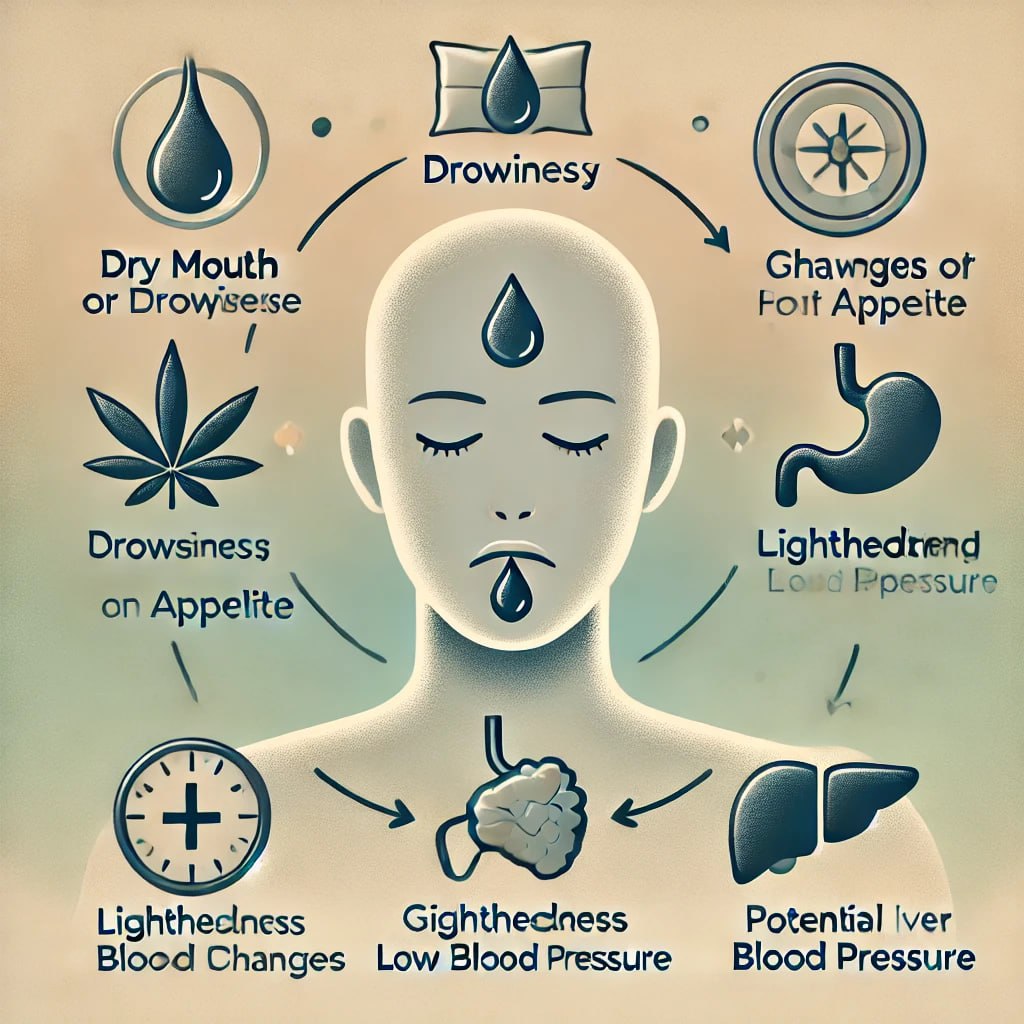Could CBD really help with something so complicated like anxiety? There’s actually a growing body of research and real-life experiences suggesting that CBD might actually hold some promise. We are going to make you aware of clearing up some confusion, diving into the latest studies, and offering practical tips for those curious about trying it.
What is CBD and how does it work?
It’s naturally occurring in the hemp plant. This compound in cannabis doesn’t produce a “high,” as is commonly thought regarding THC. Conversely, it interfaces with our endocannabinoid system to maintain homeostasis, from mood to the response of the immune system. By subtly acting on a variety of receptors in the brain and nervous system, CBD might help in calming those anxious thoughts, reducing stress responses, and promoting a feeling of relaxation without clouding your thoughts.
Research on CBD for anxiety
Scientific studies suggest that CBD may help reduce anxiety by affecting how our brains respond to serotonin — a chemical linked to mood and happiness. We need more trials to fully confirm these effects. Even though the existing evidence has already inspired many people to give CBD a chance.
1. CBD and Generalized Anxiety Disorder (GAD)
Clinical evaluations of the administration of CBD in patients with GAD have shown promising results of possibly reducing anxiety. In a similar vein, this over-active part of the brain firing along with anxiety is modulated through its presence due to CBD, quietening this feeling of doom as an all-too-common companion that so many of us suffer from.
2. Social Anxiety Disorder (SAD)
If you’ve ever experienced the racing heart and sweaty palms before a social event, you’re not alone. CBD may help reduce the intense fear and discomfort of social interactions. In clinical trials, individuals who took CBD before a public speaking test reported feeling calmer and more confident.
3. Post-Traumatic Stress Disorder (PTSD)
PTSD can bring nightmares, flashbacks, and fear. CBD may help decrease these symptoms by balancing the stress response in the brain. Therapists and researchers view CBD as a helpful tool in an overall PTSD treatment plan.
Personal success stories
One colleague told me how she started using a low-dose CBD oil before big presentations at work and found she could focus more on her speech rather than her racing heart. Another friend, who commutes daily through busy city streets, described taking CBD in the evening to ease those lingering feelings of stress that would normally follow her home. These firsthand accounts vary from person to person, but what they all have in common is the sense of genuine relief and calm that CBD brought into their lives. Rather than just another wellness trend, these stories show that CBD is offering tangible support to individuals searching for better balance and peace of mind.
Proper dosage for anxiety relief
Finding the right dose can be tricky. Generally, starting small (for example, 10–20 mg per day) and gradually increasing until you notice a difference is a common approach. Consult with a healthcare professional as they can guide you based on your personal health profile.
Potential side effects of CBD
CBD is well-tolerated by most people, but mild side effects like drowsiness, fatigue, or changes in appetite can occur. It’s important to choose quality products and follow recommended doses. When in doubt, speak to a doctor or pharmacist.
Expert opinions on CBD for anxiety
Experts remain cautious but optimistic. Clinicians and researchers emphasize the need for more clinical trials. Some acknowledge the potential value of CBD. In other words, the medical community hasn’t given a final verdict, but the dialogue is certainly shifting toward exploration rather than dismissal.
Summary
CBD seems to be a promising ally in the fight against anxiety. It’s not a magic bullet. However, You can make your own decision on whether CBD is right for you. CBD is not just another trend — it’s quickly becoming a trusted addition to their wellness toolkit.



